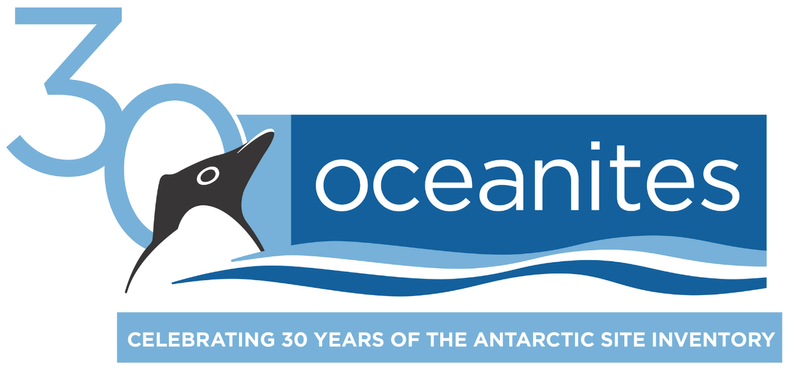
Science & Conservation
With climate as the focus and science as the foundation, Oceanites collaborates with others to understand and protect the planet we share. With considerable urgency, Oceanites conducts vital research on Antarctic penguin populations in support of climate science, while encouraging key Antarctic Treaty stakeholders to understand and act to conserve the Great Seventh Continent for future generations.
Uniquely, Oceanites is a nongovernmental organization (NGO) that maintains its own scientific research program, which has operated consistently for 27 years and has been sustained by public support, foundation grants, and occasional governmental funding.
Despite the pandemic, Oceanites continues to annually collect and analyze data and make it freely and publicly available to everyone, particularly and extensively in the international scientific community.
Oceanites’ values are grounded in science, education, stewardship, transparency, and inclusion. Oceanites’ scientific work is the springboard to expand climate awareness nationally and internationally, using penguins as avatars to explain how we humans, like all biological creatures, may or may not adapt when the warming comes our way.
This effort has never been more relevant because Oceanites works on the “frontlines” of climate change in the Antarctic Peninsula, where it’s warmed faster than almost anywhere else — by a catastrophic 3˚C. / 5˚F. year-round and by 5˚C. / 9˚F. in winter — and where Adélie and chinstrap penguin populations have dramatically plunged, while the gentoo penguin population has soared.
Findings indicate that responses to a warming climate are disparate. Some species make it through. Others don’t. In other words, what happens in the vastly warmed Antarctic Peninsula foretells what we’ll ultimately be facing; that is, when the warming comes our way, whether or not we, like the penguins, will still have a sustainable environment — decent home, food to eat, good health, and continue to reproduce and ensure the flourishing of our children and grandchildren.
Oceanites operates internationally, updating its results and findings at meetings of the Commission for the Conservation of Antarctic Marine Living Resources (CCAMLR), at which Oceanites is an invited, international expert. This is the consortium of countries regulating commercial fishing of Antarctic toothfish (which comes to our markets as Chilean sea bass) and, particularly, krill, the crustacean that is the penguins’ preferred food source. Krill stocks are believed to be diminishing or moving and, thus, causing changes in Antarctic penguin populations.
